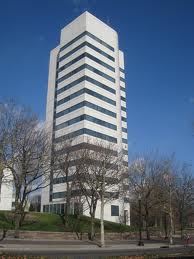Drugs giant Johnson & Johnson (J&J) was ordered to pay $1.1bn (£690m) for hiding the risks involved in taking its anti-psychotic drug Risperdal.
Johnson and Johnson was sued for marketing the drug Risperdal in 2007.
In January 1999, the Food & Drug Administration (‘FDA’) had warned J&J that marketing Risperdal as

safe and effective in the elderly would be false and misleading because the drug had not been adequately studied in that population.
In 1999 again, the FDA rejected J&J’s attempt to get approval to market Risperdal for treatment of psychotic and behavioral disturbances in dementia because of inadequate safety data.
According to an expert witness, J&J hid three studies showing some patients using Risperdal developed diabetes, even as J&J claimed its antipsychotic did not cause the disease. An internal memo revealed that J&J officials instructed sales representatives to “flood clinics with Risperdal” as part of a campaign in 2004 to increase prescriptions for children and adolescents, even though the FDA had not approved Risperdal for those patients at that time.
Former FDA associate chief counsel Arnie Friede, appeared as an expert witness and testified that J&J repeatedly disregarded FDA warnings not to market Risperdal beyond the approved use for treating schizophrenia. He also cited company documents and FDA warning letters while testifying.
J&J also misled doctors about potential side effects of the drug that the drug increased the risk of strokes and death in elderly dementia patients, could lead to seizures, major weight gain, onset of diabetes and potentially fatal high blood sugar.
The penalty for J&J’s crimes is a whopping $1.2 billion which, to date, collectively totals more than $2 billion in fines and settlements the company has already had to shell out just for cases involving Risperdal.
